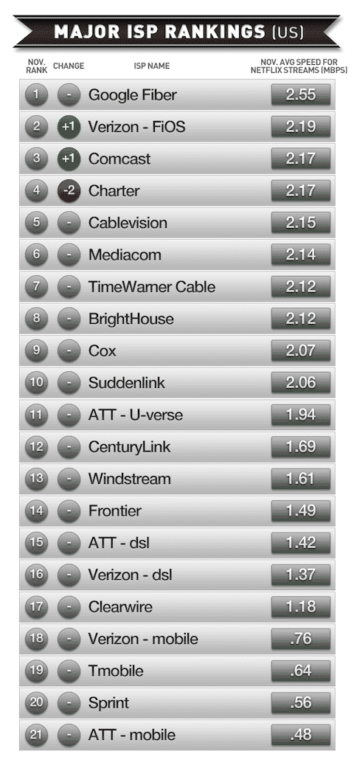Content producers in the U.S. have been going after online torrent tracker and file sharing services with all armors. The primary aim is to earn more by stopping millions of people who routinely make use of pirated content. Now, the two eminent platform of content producers in U.S., MPAA and RIAA, have submitted their recommendations to end this. The joint groups argue that services like The Pirate Bay, Rapidgator, Turbobit, DepositFiles and PutLocker are pirates’ heaven, and the government should help MPAA and RIAA put an end to these services.
The recommendations have been submitted to Intellectual Property Enforcement Coordinator, Victoria Espinel. Espinel has recently called upon the public to submit their recommendations as to how to evolve its copyright infringement policies. Naturally, MPAA and RIAA were quick to submit detailed recommendations which are meant purely to secure their own interests, and bankrolls.
The recommendation starts by providing a preface for the need of protecting intellectual property online. Referring to online torrents and file sharing sites, “Operators encourage users to post infringing material or offer incentives to users whose uploaded content is frequently downloaded by others. In other words, unlike legitimate cloud storage services, these sites are focused, not on ‘storing’ files, but instead on illegitimately distributing professionally produced entertainment products.”
The content producers blatantly go after The Pirate Bay, which has continued to exist despite numerous anti-piracy measures, “While its operators have been criminally adjudicated, The Pirate Bay (TPB) continues to be one of the top sites in the world providing access to unlicensed content. TPB and many other similar operators of p2p networks still enable users to illegally download complete copies of illegally copied movie, television and music content for free, while profiting from advertising, subscriptions or donations.”
Proposing a solution
The joint recommendation of MPAA and RIAA smugly proposed a solution to this problem. They first pleaded that if advertising companies could stop aiding piracy sites in any way, this could effectively impact them. They also proposed that search engines should list down or simply remove piracy websites from their indexes.
The submission noted, “The proliferation of new generic Top Level Domain registries risks offering new opportunities for pirates to evade detection and to escape the reach of U.S. courts and law enforcement; a strong set of anti-infringement best practices among the major registries and registrars could help to reduce this risk.”
And these content producers are not content at keeping things at that. They also want more severe and exacting punishments for those who indulge in piracy (an estimated few millions fall within the scope of their allegations), “In addition, it remains important for Congress to clarify that, in appropriate circumstances, infringement by internet streaming, or by means of other similar new technology, is a felony.”
It is indeed sad that the assault of content producers continues towards peer-to-peer file sharing which, many claim, does not fall under the scope of copyright infringement.
Courtesy: Torrent Freak
[ttjad keyword=”cloud-storage-drive”]




